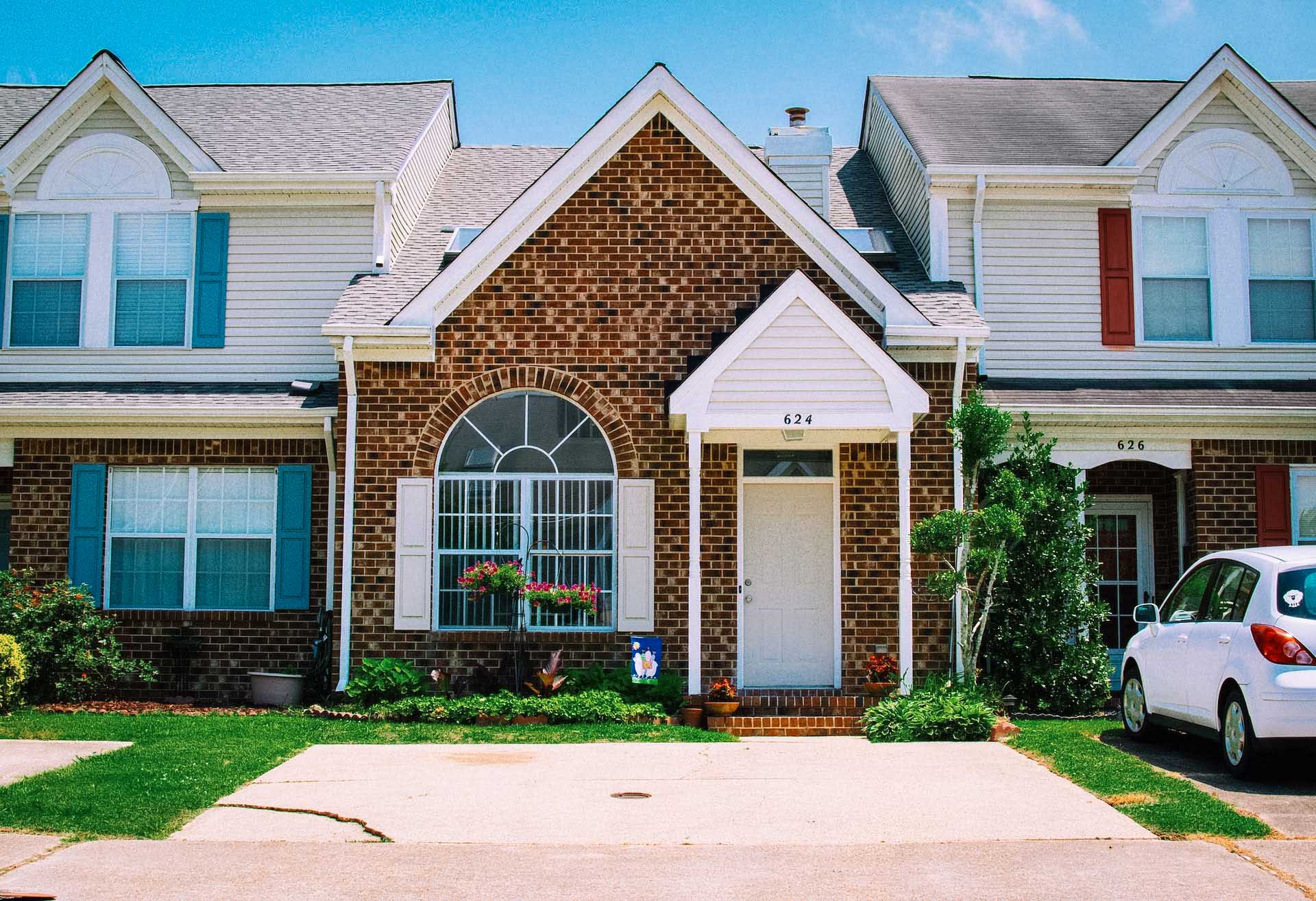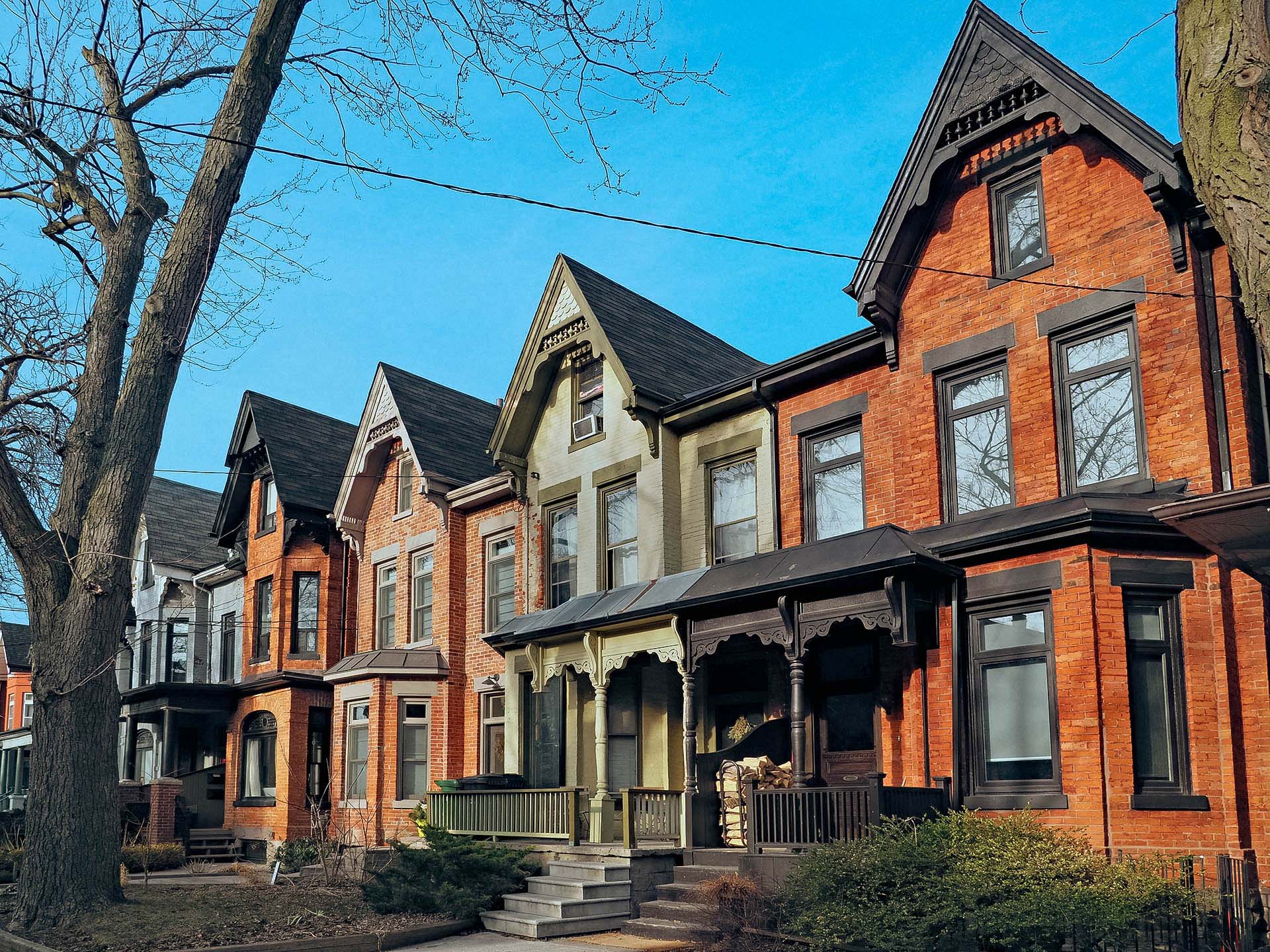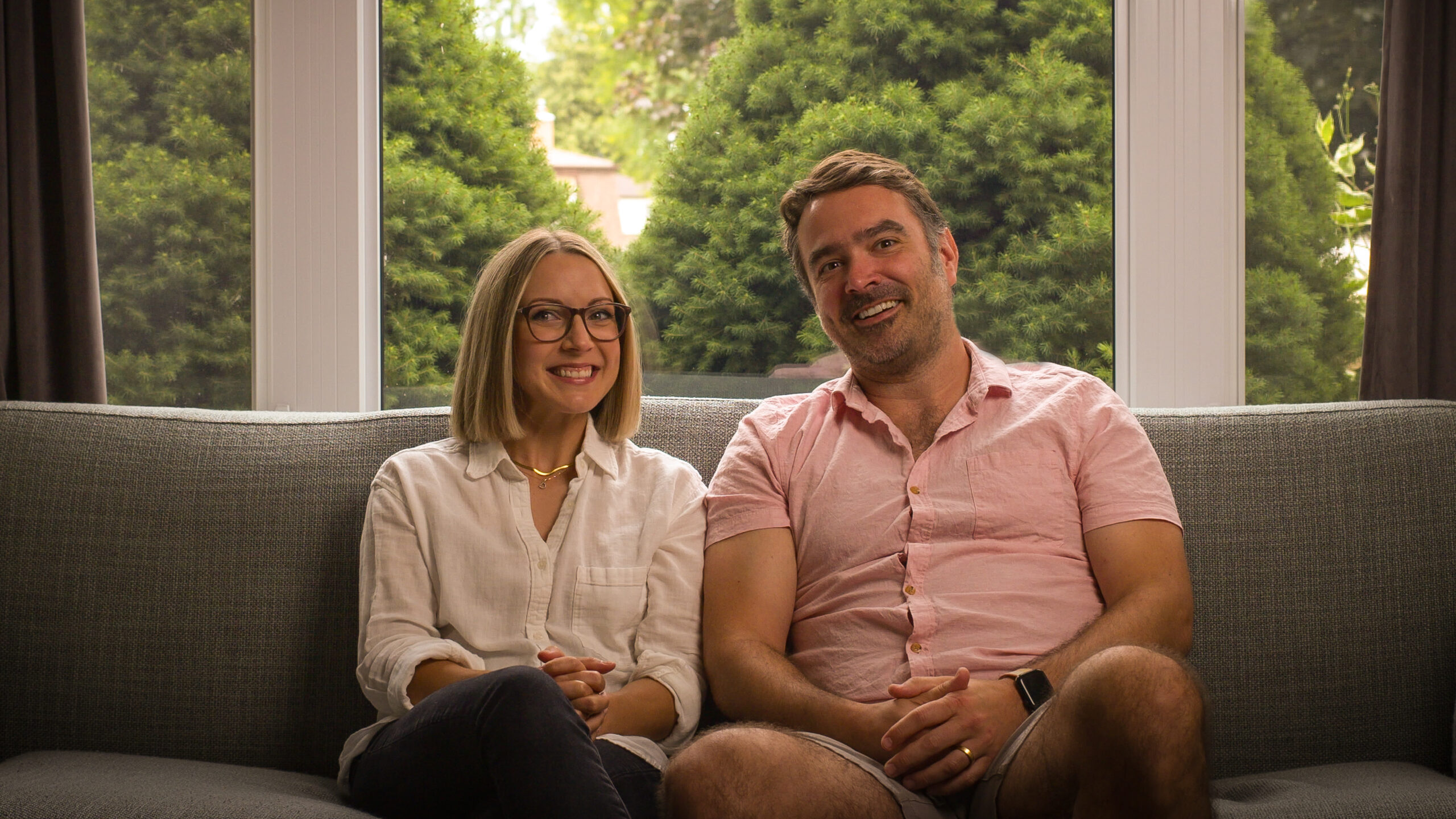Headlines in Canada are plastered with articles about rising interest rates and the impact it’s having on housing affordability. The story is simple: being a homeowner is becoming much more expensive. This point of view isn’t wrong, but it is incomplete. The other side of the story is that the cost of being a renter is also rising significantly.
The rising costs of renting
Data from the Toronto Real Estate Board showed that the average rent of a one bedroom condo increased by over 20% to $2,481 in the last year. For growing families looking to rent a 3-bedroom, the average rent is $4,139.
Renters have been forced into bidding wars, credit checks, and landlord scrutiny that was once reserved for actual homebuyers. According to Benjamin Tal, the Deputy Chief Economist at CIBC, multiple factors have contributed to the staggering increase in rental costs. The primary drivers are: a massive influx of new immigrants to help replenish our tight labour market, the re-opening of university and college campuses post-covid, and plenty of would-be homebuyers choosing renting over owning.
Meanwhile, housing prices have dropped as higher mortgage rates have stifled demand from would-be buyers. Many buyers are on the sidelines because the increased mortgage rates have reduced the size of mortgage that a buyer can qualify for. To understand why that’s happening, you can read up on the decline in housing affordability, and how Ourboro can help you Buy your home sooner – nine years sooner to be exact.
If you’re looking for a comparison on buying vs. renting, there are countless articles available online that can help you decide which option makes the most sense for you. This guide was created for those that know they want to own their home, they’re just not sure how to do it and are looking for a new way to get started.
Co-investing – A New Path to Homeownership
Many homebuyers are eager to break into homeownership, and have the income needed to get a mortgage for the home they want, but simply don’t have the down payment saved. That’s why new options, like co-investing, are gaining popularity.
Shared Ownership is a form of co-investing when two or more parties come together to buy a piece of property and live in it together. They pool their individual resources and use it to buy something they might not be able to afford on their own. It’s a great option for those who have people in their lives whom they trust and want to be close to. Think siblings or lifelong friends who buy a duplex together.
At Ourboro, we refer to our co-investment model as Professional Co-Ownership. It is often also referred to as Shared Equity. This option is great for people who want the financial support of an investment partner, but don’t want to share their home. Ourboro provides up to 75% of your down payment and land transfer taxes in exchange for a share in the appreciation of your home. If the property increases in value, we both win. If it decreases in value, we take our fair share of the loss. Check out How it Works to learn more about the process.
Ourboro has helped many buyers break into the market. And, we’ve also had our fair share of sceptics. Which makes sense! Our product is new to Canada and buying a home is a big decision. Like a true partner, we want you to feel like you’re making the best decision for you.
Co-investing is a new way to approach homeownership. Let’s say your end goal is to buy your forever home, but you don’t quite have the funds to get on the property ladder and buy your first home by yourself. What’s the best first step you can take?
Traditionally, you would take your savings, invest them in the stock market, and continue to rent. Or, you can use your current savings, co-invest them in a home with Ourboro, and buy now.
Should I keep renting or try co-ownership?
We know it can be overwhelming to do the math and figure out what option works out better for you in the end, so we thought we’d do it for you.
We’ve created an example scenario, showing the difference between renting and co-buying a 3 bedroom townhouse. Of course, when comparing these options it’s impossible to know everything, so we made some safe assumptions.
The Monthly Cash Flow Comparison shows the typical monthly expenses of co-owning and renting both property types. When it comes to the rent and property prices, we used the GTA average as of October 2022. And, to help us understand how rental costs and home prices would appreciate over time, we used the average rent inflation and average property price appreciation rates over the last 10 years.
For co-owners, we assumed a mortgage rate at 5.54%, locked in for 5 years. After year 5, we used the mortgage rates that everyone was used to seeing pre-pandemic. We also added all of the typical expenses you would expect when either owning or renting, including mortgage payments, rent, utilities, property taxes, and insurance.
When it comes to renters, we assumed they would take the savings that could have been used for their down payment and invest it in the stock market instead, along with most of the savings they get from renting, as shown in the Monthly Cash Flow comparison.
The Investment Proceeds comparison shows the returns co-owners and renters could see after 10 years. For co-owners, this includes the sale proceeds from the home while for renters it includes their returns from investing in the stock market.
Of course, what’s not captured here are the non-financial aspects of homeownership. The sense of community with neighbours, the freedom to make updates that you want, and the joy of building memories in your own home. But, for today, let’s focus on the numbers.
3 Bedroom Townhouse
Monthly Cash Flow
| Month 1 | Year 3 | Year 5 | Year 7 | |
| Co-Owner Expenses | $5,106 | $5,180 | $5,238 | $4,082 |
| Renter Expenses | $4,030 | $4,594 | $5,235 | $5,967 |
| Savings from Renting | $1,076 | $585 | $3 | $(1,885) |
Investment Proceeds
| Co-Owner Returns | $437,140 |
| Renter Returns | $244,063 |
The first thing to note is how much larger your returns are as a co-owner compared to as a renter. Even though you’re sharing the home’s appreciation with Ourboro when you sell, your investment in the home still outperforms your investments in the stock market.
The next interesting tidbit: you’ll notice that your annual co-owner expenses don’t rise as much as your renter expenses. This is because your largest ownership costs, the mortgage, stays locked in while rental costs continue to increase year after year. In fact, for those nervous about buying in a high interest rate environment, it’s important to remember that when it comes time to renew your mortgage in 5 years or less, it’s likely rates may be on the decline. You can see that happening in the table above where we show your costs as a co-owner at year 7. By then, it’s actually cheaper to own your home than it is to rent!
Ultimately, everyone’s personal situation and assessment of risk and benefit is different. We are here to help you wade through the numbers and explore if co-investing with Ourboro is right for you. If you’re looking to jump into your forever home, co-ownership may not be right for you, but it can be the stepping stone that helps you get there.
Should I buy on my own or with Ourboro?
Of course, if you’re considering renting vs. co-owning, you’re probably also weighing the options of co-owning vs owning on your own. Here’s what we often say to buyers who are interested in working with us:
If you have the down payment to buy on your own, you can comfortably afford your monthly mortgage payments, and you’re okay with putting the bulk of your savings towards homeownership, it makes more sense to buy a home by yourself. The more equity you have in your home, the more upside you get if the home increases in value.
But, if you don’t have the full down payment saved, you want to lower your monthly mortgage payments, or you’re concerned about tying up all your finances in your home, co-ownership can be a valuable first step on the property ladder. Getting you on the path toward independent homeownership, while lowering some of the risks.
If you’re interested in testing out some buying situations yourself, check out our Buy now or Buy Later Calculator. It allows you to compare buying a home with Ourboro against buying on your own, today or in a few years down the road.
A final look
With prices rising across the GTA, renting is no longer the affordable option it once was. Especially if you’re trying to save for a down payment at the same time.
Co-investing with Ourboro is a new way to get into the real estate market, without having to do it alone. It’s a better alternative to the current standard of renting and saving, and the numbers back it up.
If you’d like to learn more, get started on your application today. Or, if you’re a math geek like us, and want to dig into the numbers, get in touch and we can provide you with our source material and answer any questions you may have.






